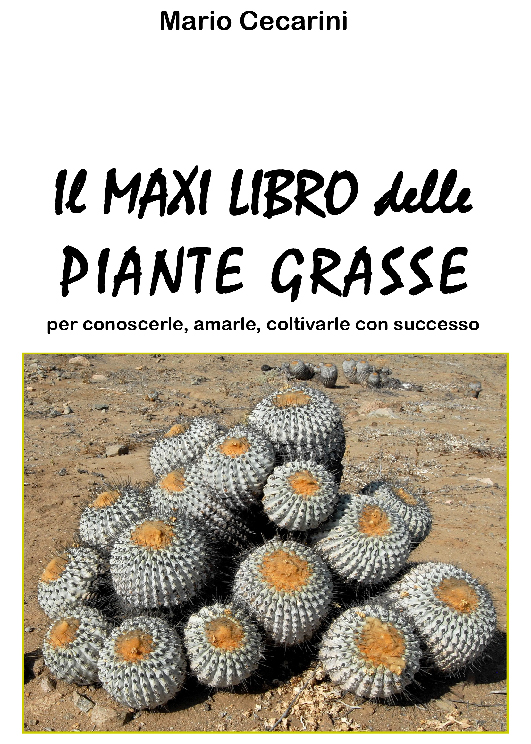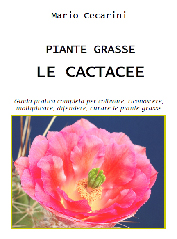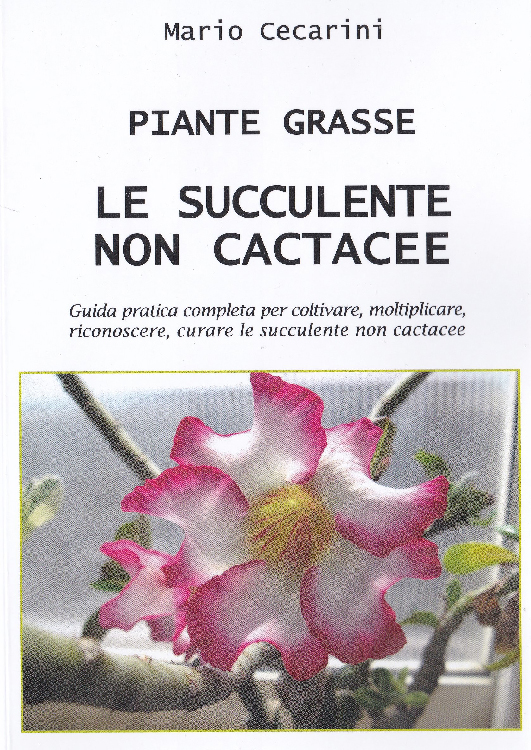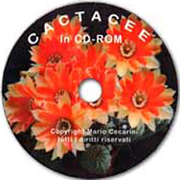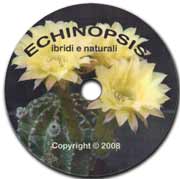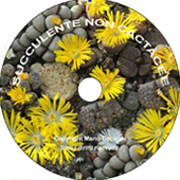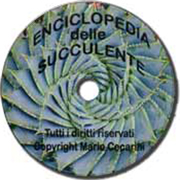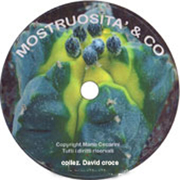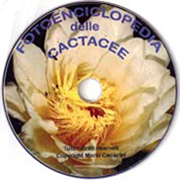Habitat: tropical and subtropical regions of the Americas, particularly Mexico, the West Indies, Central America, Panama, Venezuela, Colombia, Peru, Bolivia; the Mediterranean.
Description: a family of monocotyledonous plants, mono or polycarpic, mostly xeromorphic. The leaves generally bear a single terminal spine though in some plants spines may also appear along the edge. The roots are long and numerous; the stem is short and bears a rosette of fleshy, fibrous leaves. The remarkably tall flower spike is produced at maturity. Pollination is carried out by insects or birds. According to recent studies, this family can be divided into two different tribes: Yucceae (Barlett) having fibrous leaf margins, actinomorphic flowers with sagittate anthers, superior ovary and straight embryo; Agaveae having actinomorphic flowers with inferior ovary, long anthers and curved embryo and often dentate leaf margins.
Soil: basic mix plus 0,5% of calcium.
Location: full sun.
Temperature: the winter minimum should be between 5°C and 10°C (41/50 °F) depending on the provenance of plants. They dislike a large daily temperature variation.
Water: average; avoid pouring water directly over the leaf rosette. They’re drought-tolerant and prefer soils with sharp drainage since the roots are prone to damage from excess moisture. They can be propagated by removing offsets or raised from seed.
Cultivation tips: these plants are suitable for chalky soils and are fairly easy to grow; apply a high potassium fertilizer. Many genera are quite hardy but they should be kept dry during cold spells to avoid the risk of root rot. Some species may reach considerable proportions so they are best grown in deep containers.
Main genera of Agavaceae: Yucceae tribe: Hesperaloe, Yucca.
Agaveae tribe: Agave, Furcraea.
NOLINACEAE
This small family embraces some fifty species distributed over the southern United States and Central America; most of them develop a stem, some may have a caudex. The leaf rosette is borne at the top of the trunk or arises from the caudex when this is present. The spike-like inflorescence carries small, monosexual, actinomorphic flowers. The capsular, indehiscent fruits resemble a nut and may contain from one to three seeds.
Cultivation tips: same treatment as Agavaceae.
Main genera of Nolinaceae: Beaucarnea, Calibanus, Dasylirion, Nolina.




